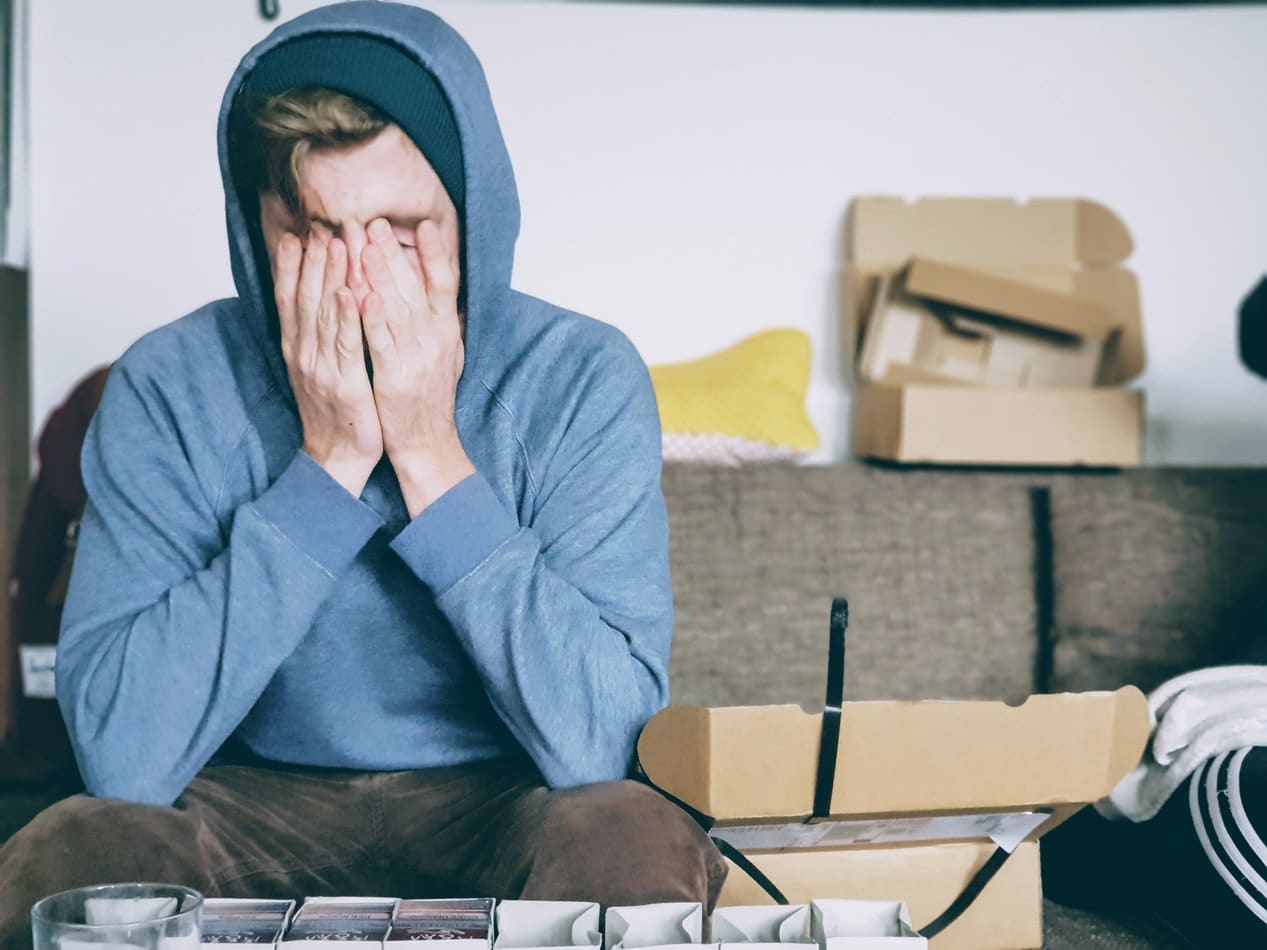Any product of the household that contains ignitable, reactive, toxic, or corrosive ingredients is labeled as HHW (Household Hazardous Waste) by the EPA (Environmental Protection Agency) in the United States. Hence, it is important to dispose of such products carefully after they are not in use. Otherwise, they could be a big threat to the environment.
Such products may include cleaning products, electronic products, batteries, paints, and oils. So what are we supposed to do with these products after they have been used up?
Well, in order to dispose of the batteries, ask around in the community. There are a number of battery recycling services that take alkaline batteries. In California, it is important to recycle all types of batteries. Moreover, disposing of batteries in a fire could result in an explosion. In this regard, the local trash disposal company may be of great help.
The disposal of electronic products that include laptops, MP3 players, printers and computers, is far easier. This is primarily because recycling of these products is far more common in comparison to the other products. Most of the states have legislation for the recycling of e-waste. So as around in your area, in order to look for e-waste recycling companies.
Recycling of fluorescent light bulbs is extremely important as these tend to carry small amounts of mercury in them. This can be hazardous for animals, and for the land in case it breaks and the mercury spills out. A local hardware store will be able to guide you regarding the disposal of fluorescent light bulbs. Moreover, many manufacturers also sell kits that you can use to mail the used light bulbs to centers for recycling.
There are a number of local non-profit organizations that may want to use the leftover household cleaners that include ammonia, shower cleaners, and drain cleaners. Using these cleaners up would be far better than disposing of them. Nevertheless, the disposal of these products is relatively easy. They can simply be thrown down the drain with the use of water. However, for hazardous materials that include tile cleaners, crystal drain openers, and hazardous materials, consider calling the manufacturers.
Paints can last for about 10 to 15 years in case they are sealed properly. So before disposing of them, make sure that you really do not need them anymore. Nevertheless, in case you have to get rid of fresh paint, consider donating them to an NGO or a school, or a friend who has some construction/paint project going on. Otherwise, you may find a number of local companies who accept leftover paint and recycle it. In this regard, you will have to ask around. The last resort would be to let it stay in the sun so that it dries out. Alternatively, just paint an unwanted piece of wood and throw that piece away. However, do check what your local laws suggest.
Lastly, for needles and lancets, you can make use of needle destruction devices that are sold by many manufacturers. Alternatively, you can take them to local collection sites including pharmacies, doctors, and health departments for safe disposal.




